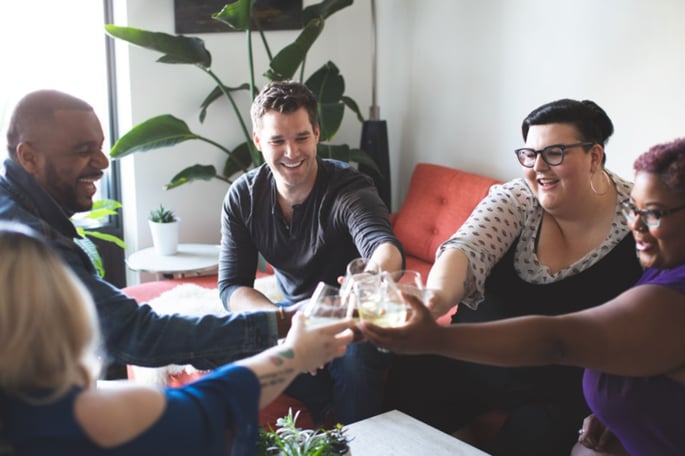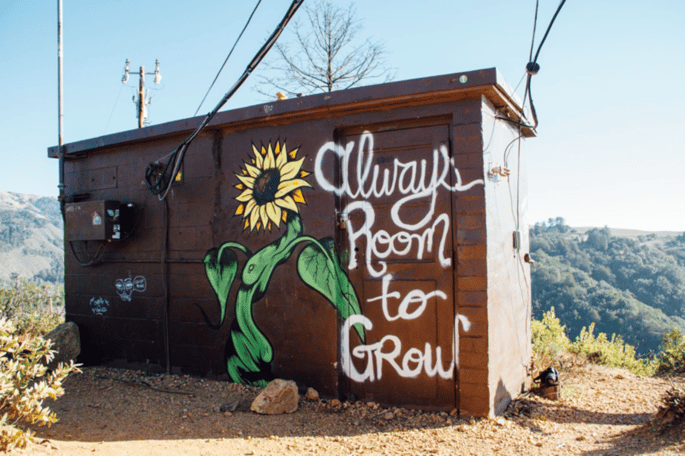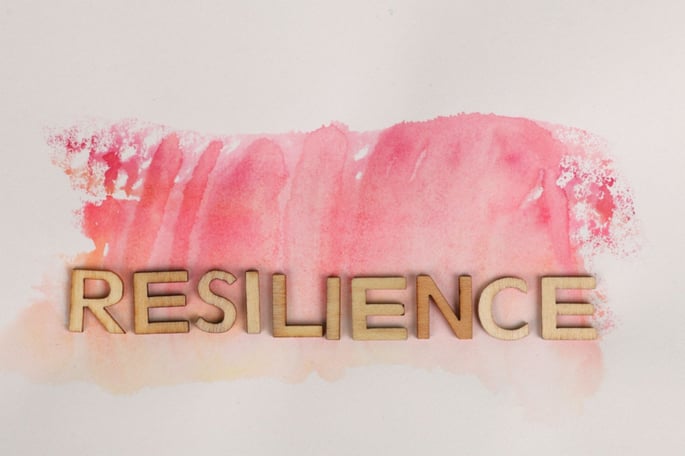Acquiring and mastering a skill can feel a daunting. How is it done?
3-minute read
At LifeLabs Learning we pride ourselves in helping individuals master life’s most useful skills. We talk about the importance of deliberate practice: targeting one skill at a time, breaking it down into units, and getting feedback. Yet acquiring and mastering a skill can feel a little daunting. I should know; last year I took on the challenge of becoming a master baker.
For me, achieving excellence in baking meant that people crave my work. They want my cakes, pies, and cookies. Although not a novice in the kitchen, I was always aware that the slightest of tweaks could alter the outcome (often unfavorably!). Yet it was precisely the idea of trial and error that kept me going. If there was a way to measure my progress, perhaps I could become a better baker, even somewhat predictably.
The results? I’ll claim it here, I make the best gluten-free cookies you will ever have. I’ve received feedback from friends, family, and strangers, some with gluten allergies and some without. The common theme—no one even knew they were gluten free.



Lessons learned:
Self-efficacy matters
How I’ve viewed my ability to be masterful—what psychologists call self-efficacy—was the fuel that set me on fire. If you start baking to be mediocre or start playing basketball to only be good enough, your aspirations will become self-fulling. Belief in yourself isn’t just about confidence, it correlates directly with the amount of effort and commitment we allot to whatever we focus on.
In my case, my belief that I could master baking pushed me to invest in myself and my journey by purchasing an expensive KitchenAid stand mixer. Mind you, I tried, several times, talking myself out of the purchase, thinking, “Can I really do this?” Mind over matter.
Preparation is key
The conditions we create around ourselves contribute immensely to our success or lack thereof. What environment will allow you to thrive? When it came to baking, having the proper tools, ingredients, time, and mindset allowed me to feel truly equipped to handle whatever came my way. The right conditions gave me the mental freedom to experiment, not rush results, and be open to feedback.
Repetition, repetition, repetition
To engage in a task over and over can be the hardest part of mastering a skill. The monotony can be dulling. In my case, I baked a new batch about twice a week, every week, for 8 weeks. I made so many cookies that I couldn’t wait to get rid of them because I was so over it. Yet with deliberate practice that repetition led to a newly-found confidence. I can now eyeball what a cup of flour or a tablespoon of cinnamon looks like. Repetition allows for predictability, which means that you’re in better control of your final outcome.
Reflection
To achieve true mastery your work needs to be supported by reflection. For me, that meant after every batch, I demarcated what went well, what tasted great, and where I could use some work. Doing so served as a foundation for future efforts, for how I thought about baking, and my conversation with others, all of which further solidified my learning.
The road to excellence has been satisfying, even more than the cakes and cookies. Besides mastering the art and science of baking, I’ve also learned a great deal about myself as a person. I’m motivated by accountability, which I’ve always known, but in this instance, self-implied accountability worked well too (i.e, buying a stand mixer or asking for feedback). I’ve also learned that I, maybe like some of you, love instant gratification more than I realized. Patience and truly enjoying the journey allowed me to embrace the process of learning. It’s oddly fulfilling, especially when you know that you are in control.


